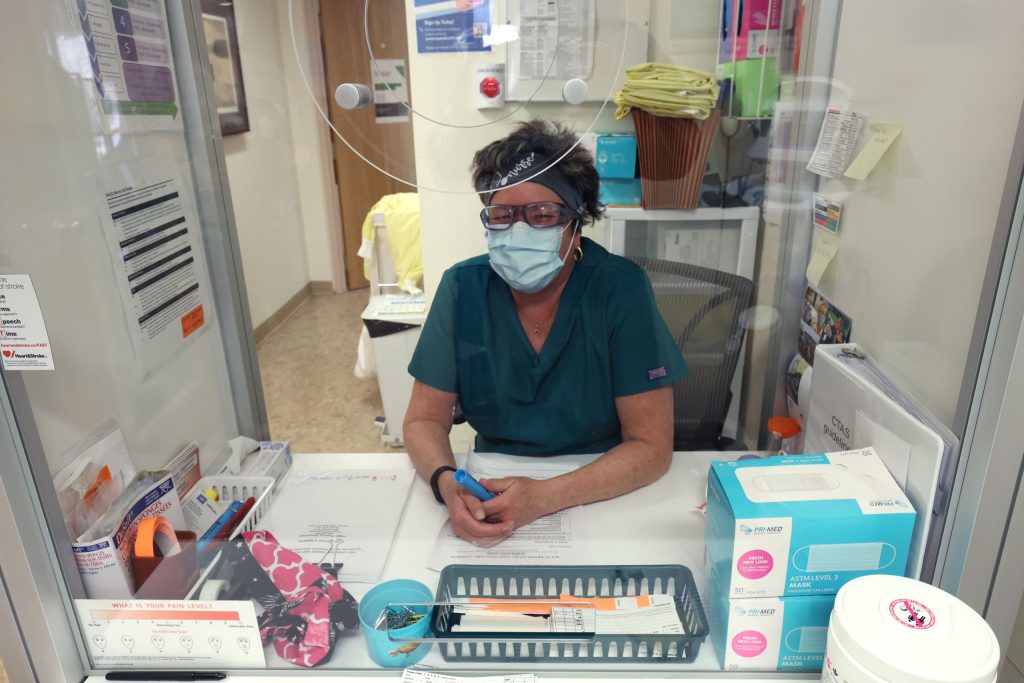
Educating yourself about your health issues or medical conditions is an important part of managing your health. With the revolution of the internet and social media, having reliable sources of health information is more crucial than ever. Making trusted sources of health information available to the public also helps health care professionals by increasing public education and awareness of accurate health information. But with so much inaccurate information online, how can you find credible information?
Start with your health care provider – this is the best source of health information specific to YOU. For questions or concerns, always contact your health care provider, such as your physician, nurse practitioner or pharmacist. Reliable supplementary information can be found in brochures from your local hospital, doctor’s office, or public health centre; through telephone helplines such as Health811, and reliable health websites such as hospital sites, condition-specific sites, support organization sites and medical journals.
When looking at commercial websites, be cautious of any that are selling you a product; evaluate what you are reading for bias or conflict of interest. The most important part of anything you read online, is who wrote it.
Online resources can be a great way to start to educate and empower yourself by learning about your medications, your diagnoses, your tests or your treatments. However, never diagnose or treat yourself based on any internet source. Use trusted sources to help you understand things like what questions to ask, to gain awareness of new innovations, and to help understand possible treatments, but always leaving diagnosing to medical professionals. You should ask questions of your health care team so that you can fully understand your options – it is their job to explain your health conditions to you. We are pleased to share with you a collection of pages and resources to help increase your understanding of various conditions.


